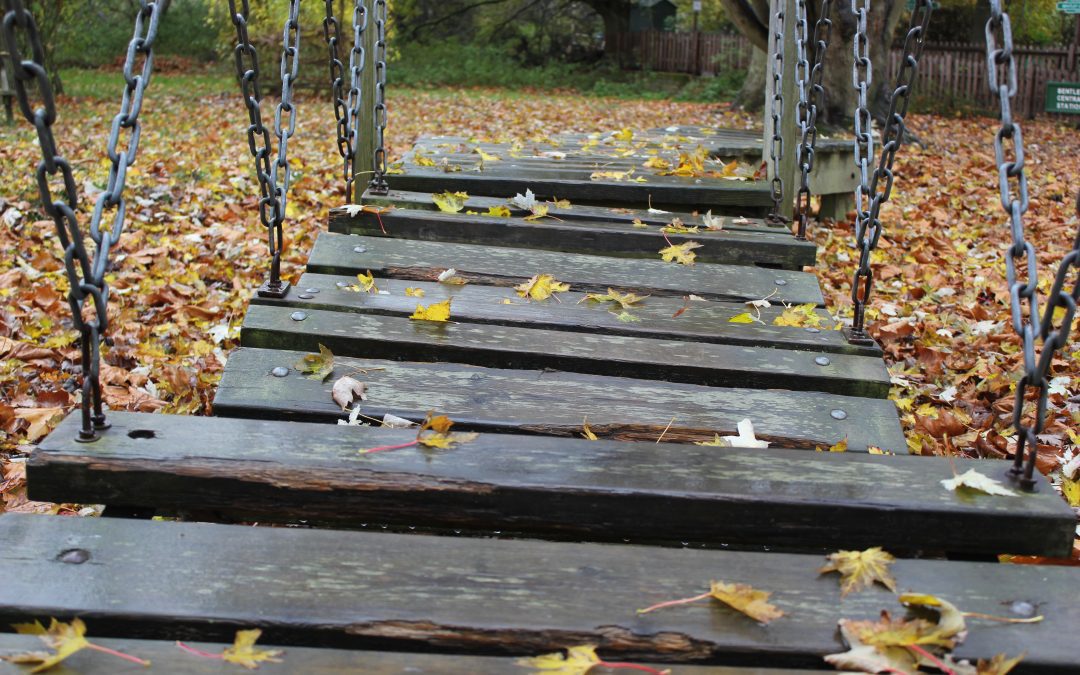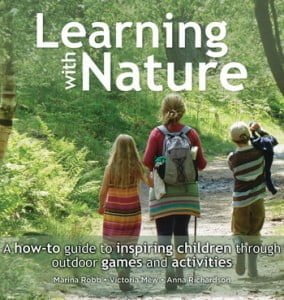Most of us know that spending hours and hours in front of screens, bombarded by emails and message notifications causes us stress. Humans are not surprisingly more stressed that we have ever been. It’s subtle and eats away at our well-being. Our world with all it’s current technological achievements has at the same time adopted dopamine-filled technology to hook us in to screen life.
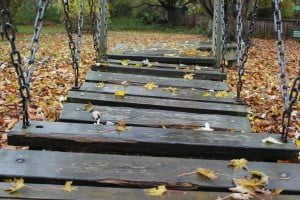 It’s necessary to know and articulate what we are trying to achieve as educators. In business the mission statement drives the business and it’s value’s forward. Many of us educators have a good sense of what represents and motivates us to educate, and what is ‘good education’ but this is not always represented in the requirements at school/government level.
It’s necessary to know and articulate what we are trying to achieve as educators. In business the mission statement drives the business and it’s value’s forward. Many of us educators have a good sense of what represents and motivates us to educate, and what is ‘good education’ but this is not always represented in the requirements at school/government level.
So we do the best we can.
Neuroscience is moving so fast, that what we now understand so much more about the brain, the hormones and how we learn. Current research corroborates the importance of both play and the outdoors as vital for a child’s development and well-being. A by product of this is that they also learn much better when they ‘play’ and indeed are outdoors using their bodies and in the midst of the greater living world.
This is true for adults as much as young people. There are hundreds of top business leaders who are immersing themselves in nature for restoration of their stressful lives. The outdoors represents to me ‘free medicine’, as well as every living thing that provides life for humans – which is clearly no small thing.
![]() My expertise is in working with people outdoors – and for 30 years more specifically working with young people of all ages and backgrounds outdoors. I have an interest in what motivates people to care about the natural world, to have a greater sense of nature connectedness and to live healthy and satisfying lives. Bringing nature into our everyday life is a really good idea! We know that our cortisol levels (the stress hormone) reduces once we stay more than 15 minutes in a green space. This also means that we step out of our predisposition to fight, freeze and flight and into higher order thinking, where we can start to be creative, think out of the box, communicate more easily with others, get in touch with how we really feel, all the while building our knowledge and understanding through experience with nature.
My expertise is in working with people outdoors – and for 30 years more specifically working with young people of all ages and backgrounds outdoors. I have an interest in what motivates people to care about the natural world, to have a greater sense of nature connectedness and to live healthy and satisfying lives. Bringing nature into our everyday life is a really good idea! We know that our cortisol levels (the stress hormone) reduces once we stay more than 15 minutes in a green space. This also means that we step out of our predisposition to fight, freeze and flight and into higher order thinking, where we can start to be creative, think out of the box, communicate more easily with others, get in touch with how we really feel, all the while building our knowledge and understanding through experience with nature.
Within the field of education there are many theoretical positions that underpin our approaches to education in the UK. We continue to draw on centuries of theories of learning that include the authorities like Piaget, Vygotsky, Montessori, Steiner, Guy Claxton, Howard Gardner, to name a few. Essentially these experts value exploration and repetition as a way to learn, see the medium of the outdoors as valuable because it is so diverse and provides multiple sensory experience, and theorists acknowledge the importance of the role of the ‘teacher’ or ‘practitioner’ and how effective they are at communicating. As brain science develops we understand that we loose what we don’t use, so it’s vital we are exposed to multisensory experiences so that healthy wiring can happen from day 1. Brains are wired, strengthened and ‘grown’ by multiple experiences that include movement as a basic requirement as well as the critical role of care-giving to provide secure attachment for well-being.
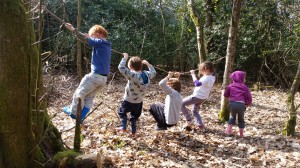 Fortunately we have a win-win situation with ‘outdoor learning’. The content of what we teach in schools can be delivered outdoors – so we teach all the subjects in nature. This content is still decided by the teacher and the curriculum but it is taught in the outdoors.
Fortunately we have a win-win situation with ‘outdoor learning’. The content of what we teach in schools can be delivered outdoors – so we teach all the subjects in nature. This content is still decided by the teacher and the curriculum but it is taught in the outdoors.
A very large project, Natural Connections (2012 – 2016) was concluded this year. After 4 years of working with 125 schools (primary, secondary, and special) in the South West of England – 40,000 pupils, 2,500 teachers and 2,500 teaching assistants they discovered that indeed outdoor learning has multiple benefits across any school. The Final Report of this project can be found here.
“The evidence shows that giving children the opportunity to discover, learn about and experience the natural world is hugely important – it can help create a sense of belonging rooted in their local environment, enhancing their health, well-being and educational outcomes. For example, greater amounts of natural space in or around living or learning environments is associated with higher levels of physical activity, better emotional, behavioural and cognitive outcomes and with children developing a greater sense of connectedness to nature.”
We need to also consider that in the UK (and worldwide) we have a huge rise in childhood obesity, mental health issues and a lack of a sense of community. We are in need of a vision for of a future where where we don’t harm nature. According to the Monitor of Engagement with Natural Environment Survey, in an average month in 2013 – 14 only 8% of all children in England (aged 5 – 16) visited natural environments with their schools. During home time, exploring and playing outdoors has decreased by 90% over the past 20 years. Fundamentally children (and adults) can’t protect what they don’t know and love.
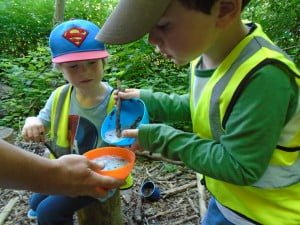 Initiatives like Outside Classroom Day on 18th May helps us to remember to get outdoors. If you are a teacher why not join our Outdoor Learning Day? These days help us recognise the value of getting outdoors. There are lots of official promotional materials to make it easy to get outside. Tim Gill, an expert on the benefits of risk and play for children has produced a useful guide which you can find here.
Initiatives like Outside Classroom Day on 18th May helps us to remember to get outdoors. If you are a teacher why not join our Outdoor Learning Day? These days help us recognise the value of getting outdoors. There are lots of official promotional materials to make it easy to get outside. Tim Gill, an expert on the benefits of risk and play for children has produced a useful guide which you can find here.
Another useful guide is Michael Follett’s practical guide to help support playtime learning outdoors:
Finally, our very own book ‘Learning with Nature‘ is filled with nature-based ideas that connect young people of all ages, and their families to nature – it is the ‘Bible for Forest School practitioners’.
Our team at Circle of Life Rediscovery provide diverse nature experiences for young people, schools and the wider world. We offer trainings to develop these areas within your setting and offer year-round CPD’s for teachers linking the outdoors with the curriculum.
Have fun outdoors,
Marina.
Marina Robb, Director and Founder of Circle of Life Rediscovery
www.circleofliferediscovery.com | 01273 814226 | [email protected]

